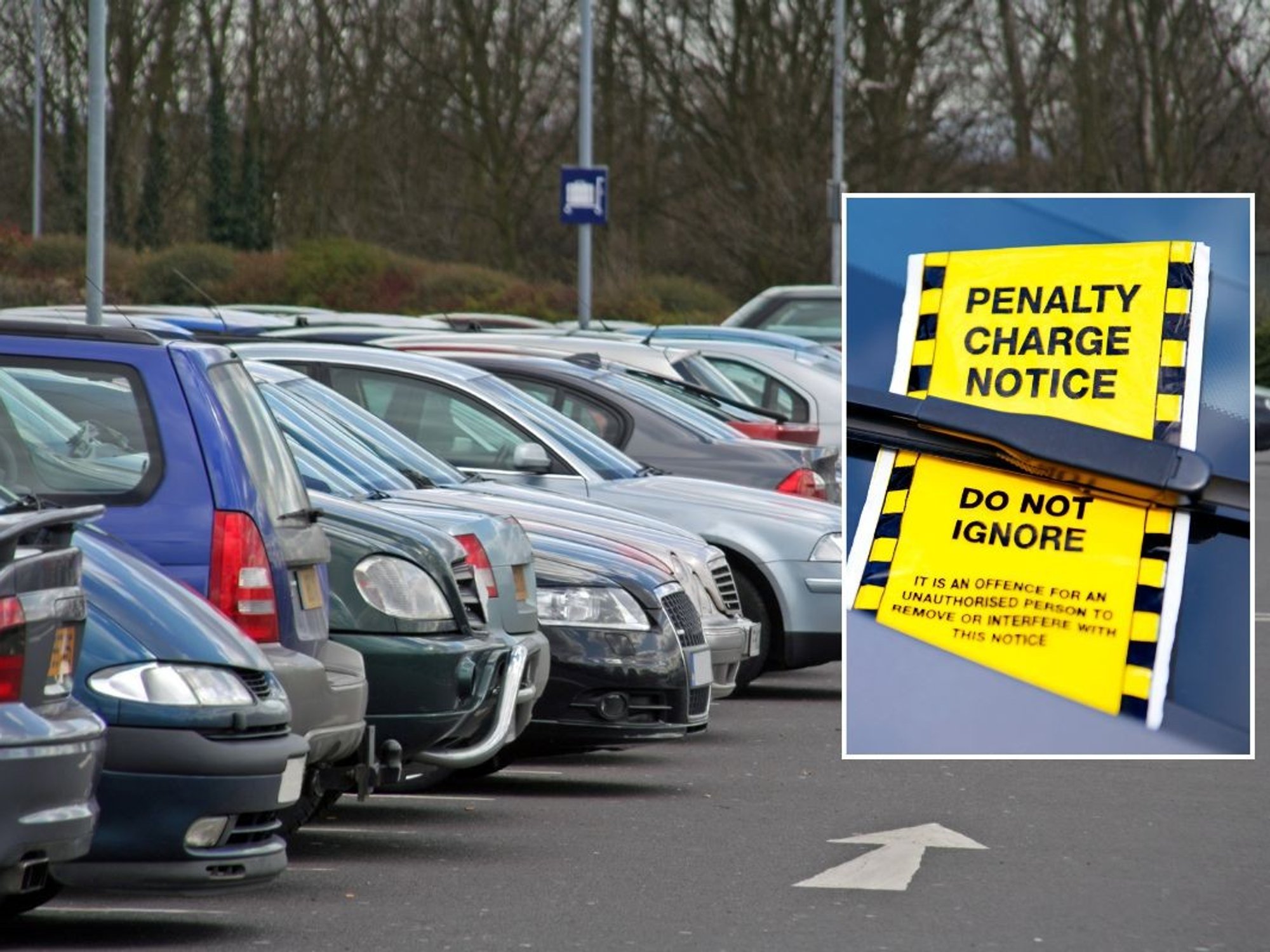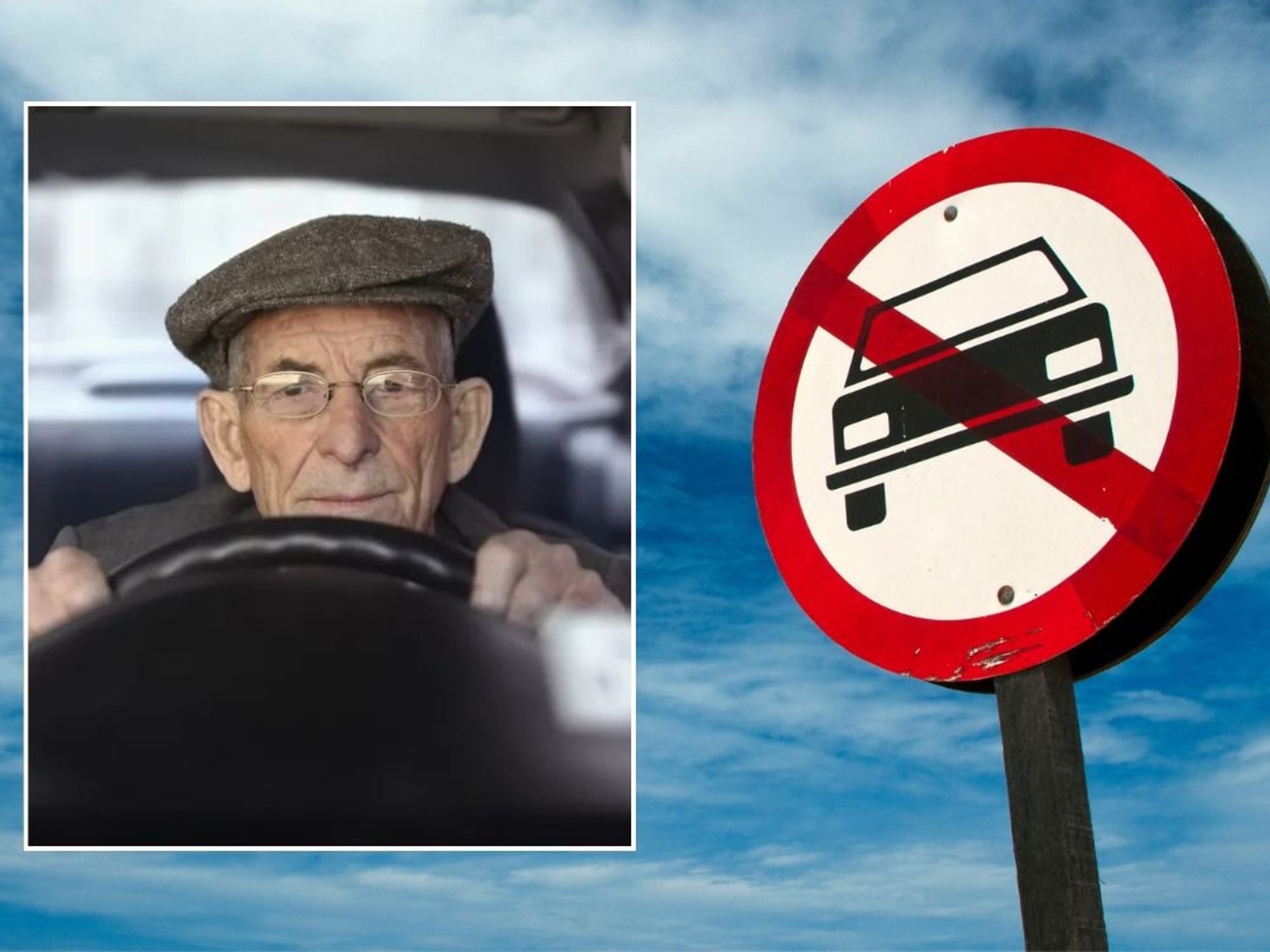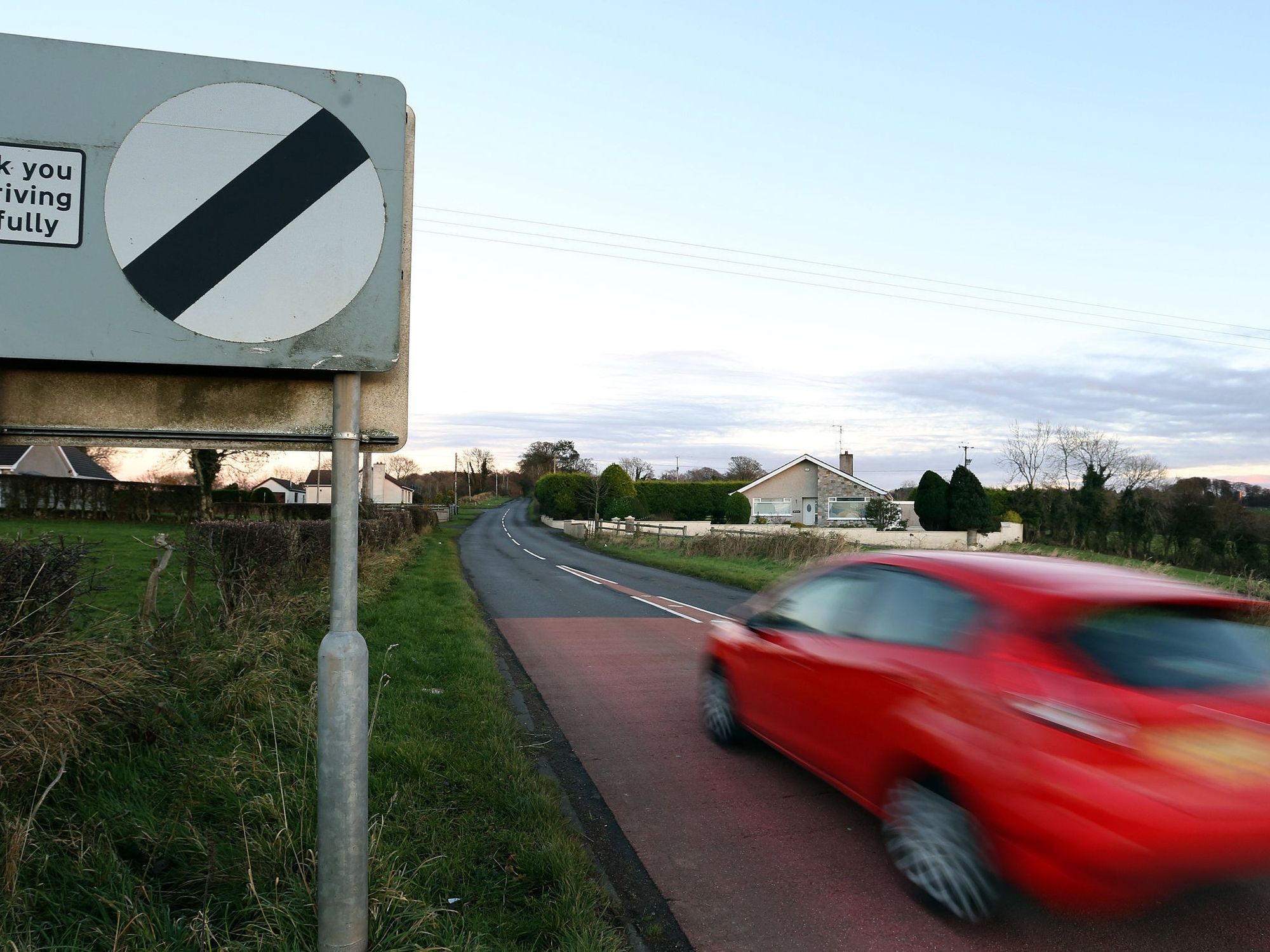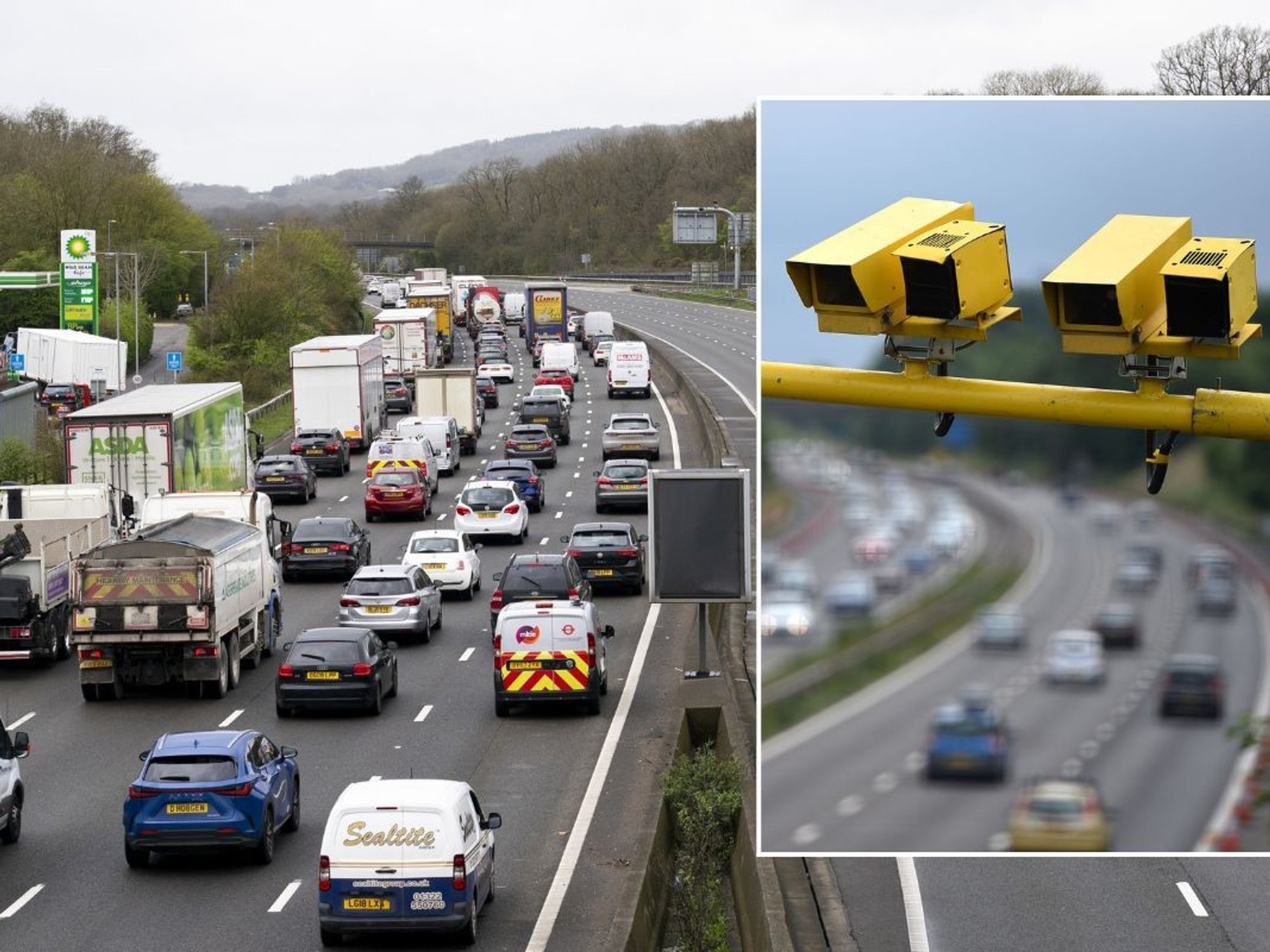Major new fuels would 'more than justify' funding to replace petrol and diesel vehicles
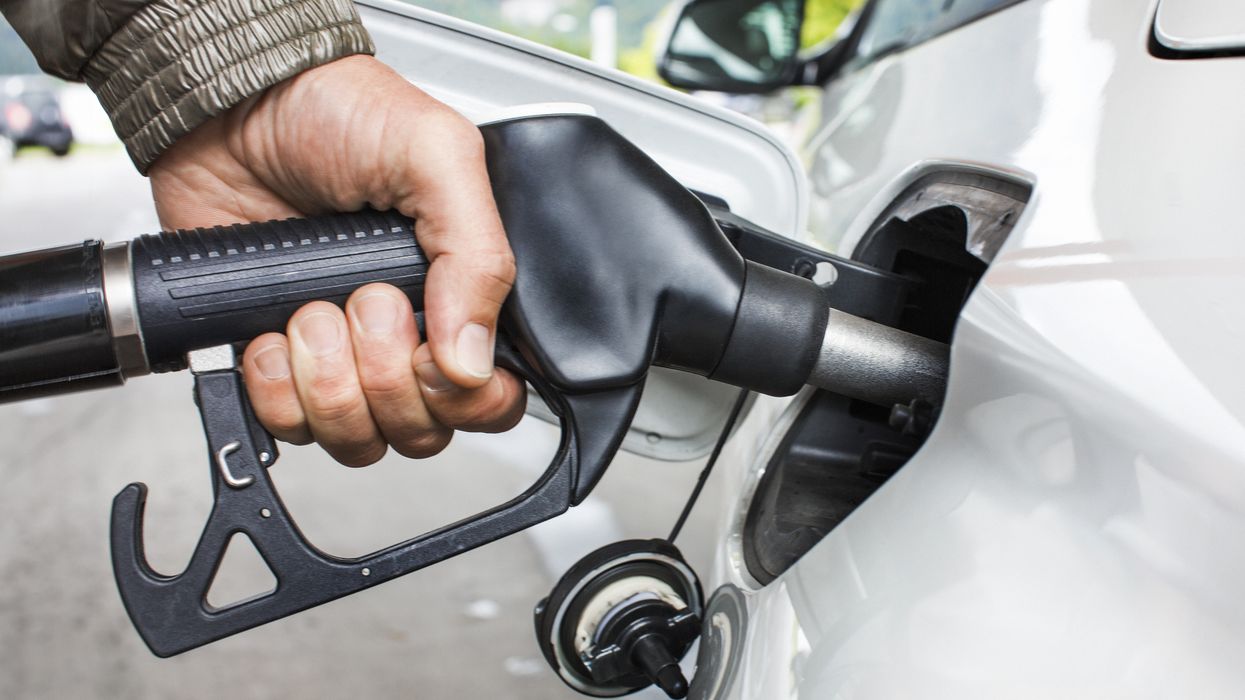
Experts are calling for support in the upcoming Budget
|GETTY

Experts suggest this could include hydrogen, HVO and biofuels
Don't Miss
Most Read
Experts are demanding that the Government brings in new measures to support the rollout of alternatively fuelled vehicles in tomorrow’s Autumn Statement.
The 2023 update to the Government’s Hydrogen Strategy stated that the fuel could play a “vital role” in decarbonising heavier transport applications.
It would benefit vehicles that have to travel longer distances with a large range, as well as sectors that require greater energy density, like aviation and shipping.
The Government is still expected to publish a Low Carbon Fuels Strategy later this year, which could be referenced in tomorrow’s Autumn Statement.
WATCH NOW: Ammonia could be the next big fuel source
It is expected that the Department for Transport will outline how the deployment of low carbon fuels will take effect up to 2050.
Paul Holland, managing director for UK/ANZ Fleet at FLEETCOR, called on the Government to address the need to use alternatively fuelled vehicles to help move away from petrol and diesel.
He highlighted how passenger cars and vans are increasingly being electrified, but acknowledged that making electric HGVs would be a “major technological hurdle”.
Heavy goods vehicles account for 18 per cent of all greenhouse gas emissions despite making up only five per cent of vehicles on UK roads.
Paul Holland said: “It would be more effective to use alternative fuels such as hydrogen, hydrogenated vegetable oil (HVO), or biofuel, since these essentially function like existing fossil fuel engines but have significantly less emissions (though not always zero).
“The issue here is that there is a wide range of different alternative fuel types available for HGVs, but a very small number of alternatively fuelled vehicles and much less investment in infrastructure compared to EVs.
“There are just over a dozen places in the UK to fuel hydrogen-powered vehicles, for instance.”
The Government has already pledged to publish a Zero Emission HGV Infrastructure Strategy early next year which will outline the responsibilities of the industry.
As part of this, more details are expected to be given about the deployment of hydrogen refuelling and recharging infrastructure needed to support the uptake of zero emission vehicles.
Paul Holland explained how electric powertrains were unsuitable for larger vehicles like HGVs and trucks as the battery would contribute greatly to the total weight of the vehicle.
While the UK’s network of electric car chargers has been growing, some electric HGV drivers may struggle, in addition to the long waiting times while the vehicle is charging.
He concluded, saying: “What is needed is for Government investment in replicating the success of electrifying smaller vehicles.
“It would mean choosing the most suitable alternative fuel for HGVs then using a system of incentives to encourage fleets to adopt it and to build the infrastructure needed.
“Alternative fuels could be a major growth area for UK business if the current system of multiple competing fuels is rationalised, and it would more than justify the investment involved.”
LATEST DEVELOPMENTS:
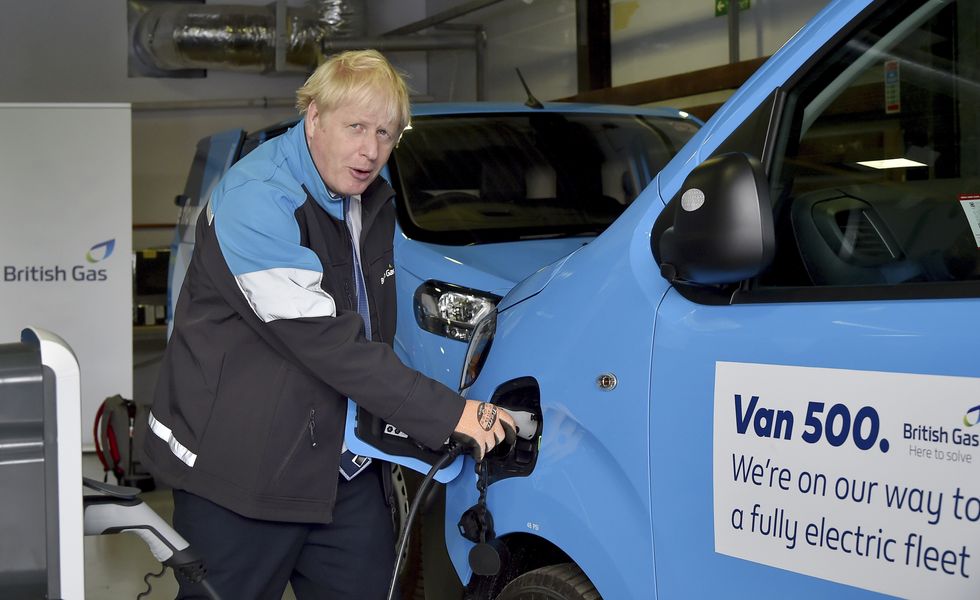
Electric vans are becoming more popular
|PA
Chancellor Jeremy Hunt will deliver the Government’s Autumn Statement tomorrow, November 22.







